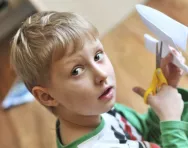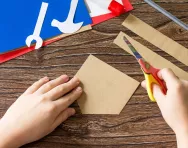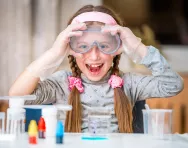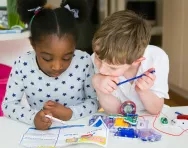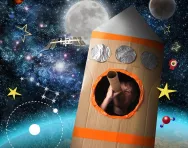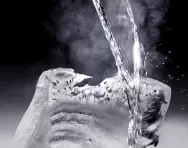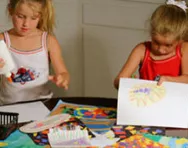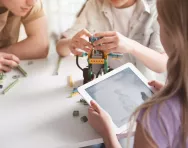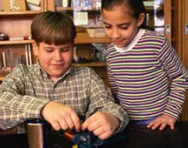TheSchoolRun.com closure date
As we informed you a few months ago, TheSchoolRun has had to make the difficult decision to close due to financial pressures and the company has now ceased trading. We had hoped to keep our content available through a partnership with another educational provider, but this provider has since withdrawn from the agreement.
As a result, we now have to permanently close TheSchoolRun.com. However, to give subscribers time to download any content they’d like to keep, we will keep the website open until 31st July 2025. After this date, the site will be taken down and there will be no further access to any resources. We strongly encourage you to download and save any resources you think you may want to use in the future.
In particular, we suggest downloading:
- Learning packs
- All the worksheets from the 11+ programme, if you are following this with your child
- Complete Learning Journey programmes (the packs below include all 40 worksheets for each programme)
You should already have received 16 primary school eBooks (worth £108.84) to download and keep. If you haven’t received these, please contact us at [email protected] before 31st July 2025, and we will send them to you.
We are very sorry that there is no way to continue offering access to resources and sincerely apologise for the inconvenience caused.
Foundation Stage design and technology explained
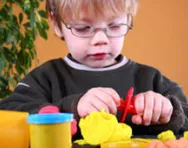
In the Early Years Foundation Stage, design and technology forms part of the learning children acquire under the ‘Knowledge and Understanding of the World' branch of the Foundation Stage curriculum, which also covers geography, history, ICT, and science.
What do children learn in EYFS DT?
Your child will learn through first-hand experiences. They will be encouraged to explore, observe, solve problems, think critically, make decisions and to talk about why they have made their decisions. Here are some of the typical learning experiences your child will have:
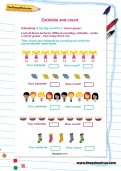
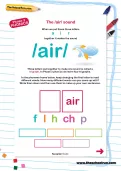
Start the Reception Learning Programme!
- Weekly maths & English worksheets direct to your inbox
- Follows the National Curriculum
- Keeps your child's learning on track
Constructing: Learning to construct with a purpose in mind, some children use scissors, glue, string and a hole punch to make a bag to store travel brochures they collected during a field trip.
Structure and joins: Following a visit to their local high street, some children make a church tower out of small wooden bricks.
Using a range of tools: Through this, your child will learn about planning and adapting initial ideas to make them better. For example, a child might choose to use scissors, a stapler, elastic bands and glue to join bits together to make a toy vehicle. But they might then modify their initial idea by using masking tape.
Cooking techniques: Some children take turns stirring the mixture for a cake and then watch with fascination as it rises while cooking. They will practise stirring, mixing, pouring and blending ingredients during cookery activities.
Exploration: Children will dismantle things and learn about how everyday objects work. For example, a child might dismantle a pepper grinder and discover how it is put together and the materials different parts are made of.
Discussion: Your child will be given opportunities to discuss reasons that make activities safe or unsafe, for example hygiene, electrical awareness, and appropriate use of senses when tasting different flavourings. They will also learn to record their experiences by, for example, drawing, writing and making a tape or model.
Foundation stage DT at home
Encourage your child to try out these activities to improve their DT skills:
- Get your child to sort objects by different criteria. You could do this by getting them to help to set the table or organise shopping items to be put away.
- When talking to your child, look for opportunities to notice and discuss materials around them – utensils in the kitchen, tree barks on a walk, soft furnishings in the bedroom.
- While speaking, use the language of designing and making, for example words such as ‘join', ‘build' and ‘shape'. And use evaluative and comparative language – ‘longer', ‘shorter', ‘lighter', ‘heavier' and ‘stronger'.
- Encourage and support the use of a range of tools, such as scissors, hole punch, stapler, glue spreader, rolling pin, cutter and grater.
